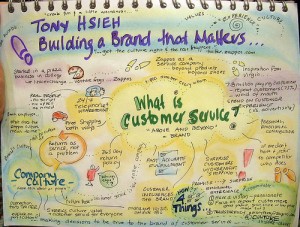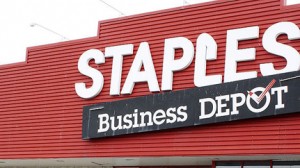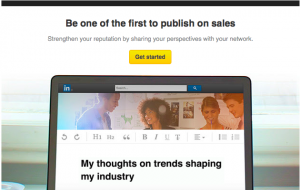Business Ethics
The article “CVS Vows to Quit Selling Tobacco Products” published in the New York Times on the 5th of February 2014 highlights the decision made by CVS Caremark, America’s largest drugstore chain, to stop selling tobacco products, such as cigarettes. This judgment has lead to a variety of mixed emotions from stakeholders. On one hand health professionals are very pleased to see this drugstore encompassing their companies purpose, “helping people on their path to better health”. On the other hand this decision has inconvenienced customers who do purchase tobacco-based products from this drugstore. In fact, it is estimated that CVS would lose approximately 2 billion in sales due to this move. Hence this rather debatable decision in my opinion tackles the topic of Business Ethics quite well.
As outlined above, CVS’s purpose is focused strictly on benefitting the health of it’s customer’s, hence the sales of harmful substances in their stores is rather hypocritical. Thus such actions, raise the big question, “does the company truly care about it’s purpose, or is it only present to increase it’s sales?” Therefore, if CVS Care were to continue selling Tobacco products, they would be considered unethical. In time, stakeholders whom such products would not benefit would question the aims of the business, and such a thing could potentially tarnish the reputation of the business. Now, that CVS has vowed to quit selling tobacco, and has made it to the headline, it has managed to create a new image for itself, and this image positions the business as being ethical benefiting it in terms of being able to attract more customers, recruit potential employees, retain existing employees and even gaining the support of non-government organizations who may protest in other cases.
Thus, as quoted by Mr. Merlo, the decision to stop selling tobacco products “was really more of a discussion about how to position the company for future growth.”

“Near empty cigarette shelves are seen at a CVS store in New York” – CVS Quits Smoking
Works Cited
CVS. “We're a pharmacy innovation company and every day we're working to make health care better.” CVS Health Home. N.p., n.d. Web. 9 Sept. 2014. <http://www.cvshealth.com/about-us/our-purpose-building-bridge-better-health>.
Cadbury Schweppes. “Ethical business practicesA Cadbury Schweppes case study.” The importance of ethics in business. N.p., n.d. Web. 9 Sept. 2014. <http://businesscasestudies.co.uk/cadbury-schweppes/ethical-business-practices/the-importance-of-ethics-in-business.html#axzz3Crlu75MZ>.
Emery, Gene. “Nicotine, even through e-cigarettes, linked to increased cocaine in mice.” The Globe and Mail. N.p., n.d. Web. 9 Sept. 2014. <http://www.theglobeandmail.com/life/health-and-fitness/health/nicotine-even-through-e-cigarettes-linked-to-increased-addiction-to-cocaine-in-mice/article20371693/>.
Strom, Stephanie. “CVS Vows to Quit Selling Tobacco Products.” The New York Times. The New York Times, 5 Feb. 2014. Web. 9 Sept. 2014. <http://www.nytimes.com/2014/02/06/business/cvs-plans-to-end-sales-of-tobacco-products-by-october.html?_r=0>.
“CVS.” Quit Smoking. N.p., n.d. Web. 9 Sept. 2014. <http://e2e60d7b84a6c65eaeba-f1ef8650b408e2687e8eb32f405dc142.r82.cf3.rackcdn.com/5415892-CVS-Quits-Smoking-Pharmacies-Will-Stop-Selling-Tobacco.jpg>.
MLA formatting by BibMe.org.










